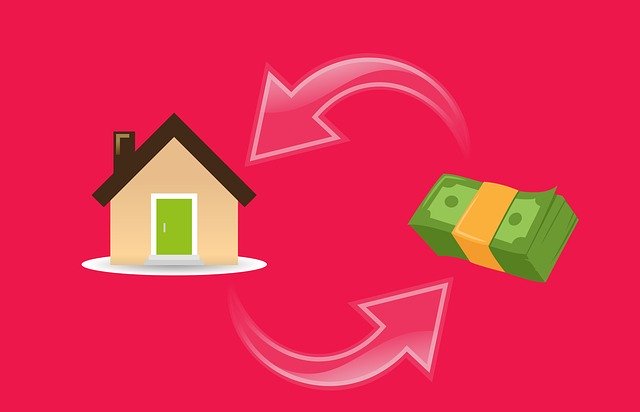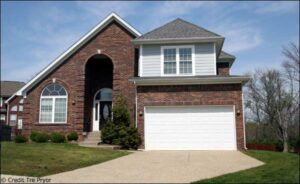Many homeowners, reeling after a year locked away at home thanks to COVID-19, are wondering how they can make the most of things now. What can people do to make some gains after a year of financial hardships? But what if your house isn’t up to code?

What Does it Mean If a House Isn’t Up to Code?
Because the housing market is so hot right now, people who weren’t considering a sale are definitely thinking about it now. According to HomeLight’s Spring 2021 survey, 97% of real estate agents would dub the market a seller’s market, while 93% of agents say home prices are on the rise in the market.
You really couldn’t find a better time to sell your home. Due to the high demand and low inventory, there’s not much that can get in a homeowner’s way thanks. Well, not much, except code violations, of course.
Understanding Code Violations
Building codes are meant to ensure public health, general welfare, and overall safety. So while code violations may seem like a drag, keeping your home up to code is definitely important.
The rules will change over time. So it makes sense that something was once up to code may no longer be at the time you’re attempting to sell your home. Not only will this impact your sale, but there’s also the chance you may face fines from the city for code violations that can increase on a daily basis. Once you’ve identified any problem, you’ll want to act quickly.
Common code violations that crop up in a home sale include the following:
- Incorrectly places smoke alarms
- Handrails that don’t turn and end into a wall, preventing sleeves and straps from becoming snagged
- Missing or defective ground-fault circuit interrupter protection on kitchen, bathroom, garage, and outdoor circuits or outlets
- Bathroom exhaust fans that vent into an attic instead of outside
- Missing or improper deck flashing between a deck ledger board and the house, preventing wood rot and keeping the deck stable
Issues like these are more common than you might think. Depending on the issue, the fix may actually be quite simple.
3 Options for Selling a Home with Code Violations
If you’re dealing with a home that needs a large amount of work, you basically have three choices:
- Fix the issue(s) and move forward with the sale.
- Offer a credit at the closing.
- Sell your house ‘as is’ to a cash buyer.
Maybe you’d rather swallow the bill yourself and fix the issue. Perhaps you just want to get the house off your hands and settle for a lower price. If you can find a cash buyer, selling the house “as is” without making any repairs is the simplest route.
All three are viable options. But you’ll want to talk to an experienced real estate agent before making any decisions, as they’ll be able to help you through the best option for you. If you’re selling in the Louisville area, contact us today and we’ll help guide you through the process.



